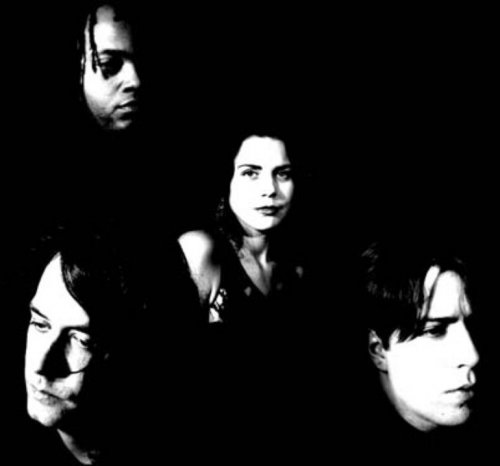
But of course together, we’re a gang, we have fun, we have humour in what we’re doing.” For me, it’s not about having fun, it’s a necessity – finding answers through this process. “It’s a very British thing as well – if you’re not overly showing fun or enjoyment in what you’re doing, then why are you doing it? But it’s not about that.

“There was a need for that, but I felt there was a misunderstanding, that because we were pointing out what was bad in our life, that it meant we had no joy in us.” “I think the first album was raising a question – or more pointing out what was wrong,” Beth says. When it came to record the follow-up, she found that was all she’d been writing: lyrics that pulled apart the complexities of desire. Back then, Beth didn’t want to write love songs. The cover of Silence Yourself featured a caps-lock manifesto about discarding distractions from one’s life in order to … it was hard to know what, exactly. Everything had to be watered down by the short-term rewards.” But there was no free and natural expression any more. I think young people have a duty – and I insist on that word – to rebel, to point out what’s wrong and propose something new just by their free, natural expression. “It seemed like if the music, the message wasn’t softened, it wouldn’t make it. “The context of the first record was that I was witnessing a repression on young people who were constantly confronted with a false idea of success, and inevitably, ended up compromising on their art,” Beth says. Instead, they clawed back their existence, signed to Matador, and lambasted industry executives on their debut Silence Yourself. Journalists didn’t hesitate to suggest how little fun they seemed to be having – the tone always a bit, “cheer up, love!” And they did nearly split, when they felt pressured to join the generic indie band treadmill. As soon as artfully shot live videos of their earliest performances appeared online in February 2012, critics started trying to prove they were fakes: a (female) band with such a well-defined sound and image surely didn’t just appear from nowhere.

Their defiance was brilliantly absurd, but also understandable. Rounded out by drummer Fay Milton and bassist Ayşe Hassan, Savages were confrontational, keeping their guard up while making the kind of provocative statements they wince at on this grey late-October afternoon. Once when I interviewed Beth alone, she pulled out a giant tape recorder and hit record. Three years ago, when the London-based four-piece released their exhilarating debut Silence Yourself, the silent treatment might have been a tactic to catch a journalist off-guard.

‘We’re a gang, we have fun’: Savages’ Jehnny Beth Photograph: Lorne Thomson/Redferns via Getty Images


 0 kommentar(er)
0 kommentar(er)
